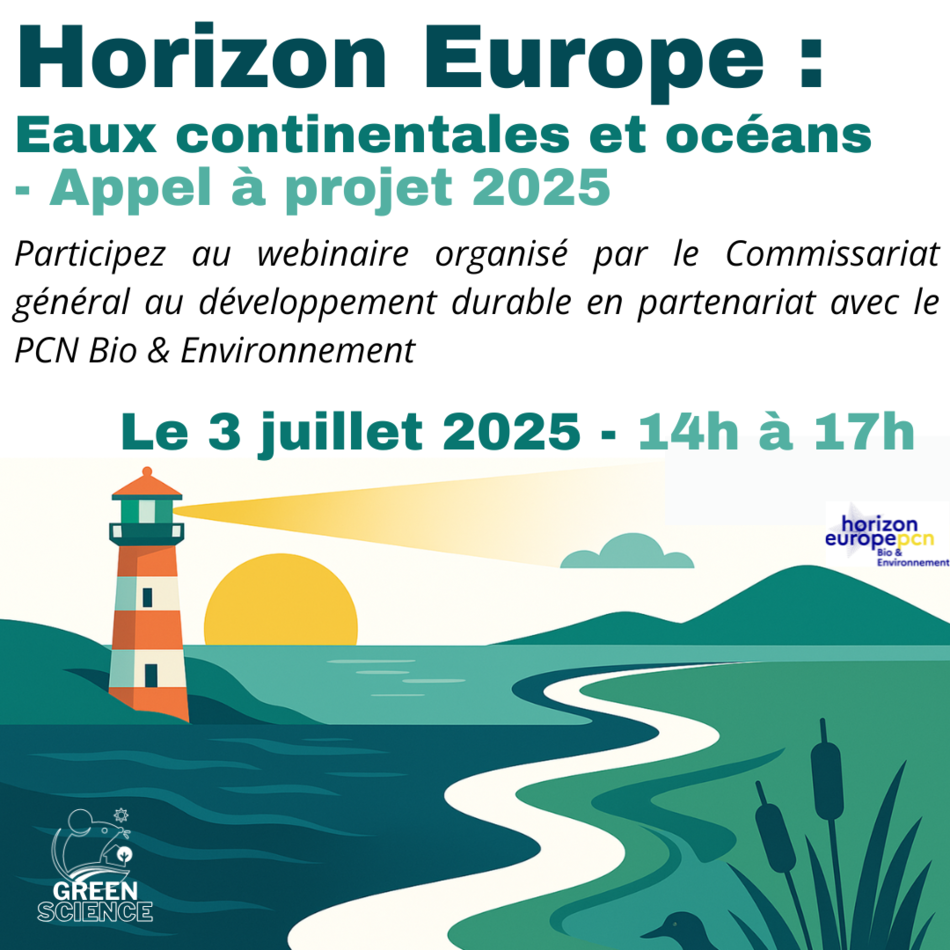Scope:
The overarching objective of this Challenge is to provide transformative digital products or digitally enabled solutions for the AEC sector that can help it achieve climate neutrality while striving to comply with or contribute to the human-centred quality values and principles brought forward by the New European Bauhaus.
Support will be provided to pioneering start-ups and SMEs that propose digital or digitally enabled design and fabrication products with the aim to reduce or eliminate the embodied CO2 emissions of buildings by enabling the use of less materials and / or of alternative materials. In this case, these may be new materials, or materials attached to the rediscovery of local resources and / or recovery including recycling and upcycling practices. Support may also target ventures with use cases to reduce low or negative carbon footprint alternative of materials themselves, or ventures with solutions to reduce or eliminate the waste of the current AEC fabrication practices.
This Challenge aims to support pioneering deep-tech ventures that are building the AEC value chain of the future today. These ventures execute on delivering disruptive, digitally enabled AEC products and services that allow their customers to reduce or eliminate their embedded building emissions in the areas of:
- Computational design. This relates to ventures that develop and scale radical new products for mass-adoption of parametric, generative and algorithmic design, life-cycle analysis, or breakthrough products in physical simulation or digital twin.
- Digital fabrication. This relates to ventures developing and commercializing large-scale fabrication products (or components or solutions for that) with a view on future economic industrialisation of the AEC value chain, for example 3D-printing products, such as “construction variants” of Fused Deposition Modelling (FDM), Wire-and-Arc Additive Manufacturing (WAAM), Binder-Jetting (BJ), Stereolithography (SLA), or Digital Light Processing (DLP), robot assisted composites fabrication, factory and field robotics, automation products, digital moulds, solutions for distributed building factories. This includes innovative solutions to further progress the current Cross-Laminated Timber (CLT) processing factories.
- Alternative materials. This relates to ventures active in the development, production, advanced application of alternative building materials, or building concepts, building elements, design coupled with fabrication concepts, such as stereotomy 2.0, based on advanced uses of alternative materials. This includes innovative applications of timber, timber derivatives such as CLT or Glulam, timber composites, curved CLT surfaces and high performance composed
- building elements. This also includes other natural materials such as fungal architecture, cork, bamboo, hemp, as well as locally sourced materials such as earth, clay and stone, as well as recycled and waste-based materials, as well as engineered composites of such materials.
This Accelerator Challenge will consider out-of-scope proposals focusing exclusively on operational carbon emissions and/or the operational energy efficiency of the built environment. However, it is important to highlight that innovations envisioning reductions of embodied CO2 emissions shall be at least as effective in reducing operational CO2 emissions as the technologies they substitute by the time of market adoption. Also, it is noted that a condition for commercial adoption is compliance with standards of building operational performance.
This AEC Accelerator Challenge ideally attracts a range of pioneering business ventures in the areas of design, fabrication and materials for AEC that aim at deployment of novel and disruptive solutions building upon the latest deep-tech developments in these areas.
The focus will be on achieving a reduction in embodied rather than operational carbon emissions. Other impacts may include higher productivity, higher product quality, reduced material consumption and waste, improved construction logistic in the urban environment or increased safety.
Expected adjacent impacts of this AEC Accelerator Challenge are also to inspire an ambition for the AEC sector to create higher quality jobs in a more progressive and appealing business culture that is ready to deliver a transformation of the built environment in line with the objectives of the European Green Deal and the New European Bauhaus.
For further information, please see the EIC Work Programme 2023.





